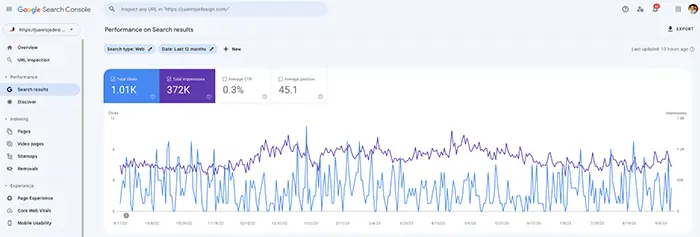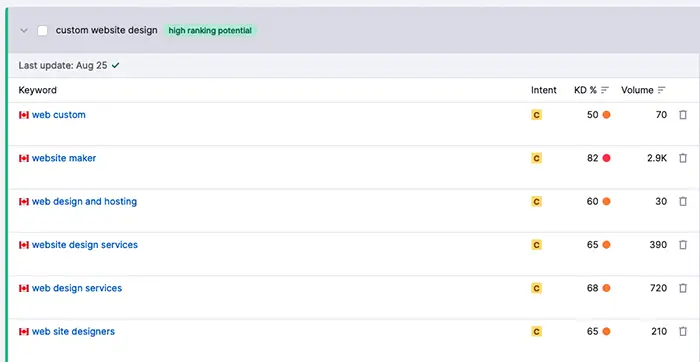
Keyword research is the backbone of search engine optimization (SEO). It’s the process of discovering and analyzing the terms people enter into search engines. But why is it so pivotal? This deep-dive into SEO keyword research will uncover its importance, methods, and best practices.
What is SEO Keyword Research?
SEO keyword research involves identifying the exact words and phrases your target audience types into search engines. It’s not just about finding the most searched terms, but about understanding your audience’s intent and addressing it effectively.

The Importance of Keyword Research
Directing the Right Traffic
By understanding the keywords relevant to your business, you can attract the right audience to your website.
Informing Content Strategy
Knowing popular and relevant keywords helps shape the type of content you produce.
Competitive Analysis
Through keyword research, you can discover what terms your competitors are targeting, helping you to find gaps or opportunities in your own strategy.
Methods to Conduct Effective Keyword Research
1. Start with Seed Keywords
Begin with broad terms related to your industry and business. For instance, if you sell shoes, your seed keyword might be “footwear.”

2. Use Keyword Research Tools
Tools like Google’s Keyword Planner, Semrush, or Ahrefs can provide invaluable insights. They can show keyword volume, competition level, and even provide keyword suggestions.
3. Consider Long-Tail Keywords
These are longer and more specific keyword phrases. For example, instead of “shoes,” you might consider “women’s red leather boots.” They often have lower search volumes but can attract more relevant traffic.
4. Analyze Keyword Difficulty
It’s essential to know how hard it would be to rank for a keyword. Many tools give a “difficulty score” to indicate this.

In other words, the higher the percentage of difficulty, the harder it will be for you to rank for that particular keyword. Therefore, it makes sense to start with low-hanging fruits with a KD% of 50 or less.
Incorporating Keyword Synonyms and Variations
Search engines have become smarter, understanding context and synonyms. For instance, “footwear” might be a synonym for “shoes.” By incorporating variations and synonyms, you make your content more comprehensive and relevant.

Best Practices for SEO Keyword Research
Stay Updated
Search trends change. It’s crucial to revisit your keyword research periodically to stay current. For that purpose, you can make use of a free tool from Google called Google Trends.
Prioritize User Intent
It’s not enough to target high-volume keywords. You need to understand the intent behind them. Is the user looking to buy, learn, or compare? This will be determined by the nature of your business. In other words, are you are a brick & mortar shop or a service-based business?
Group and Categorize
Group related keywords together. For example, group all keywords related to “men’s shoes” in one category. This helps in structuring your website and content.
Don’t Overstuff
Use keywords naturally within your content. Overusing or “stuffing” keywords can lead to penalties from search engines.
Conclusion: Elevate Your SEO Game with Keyword Mastery
SEO keyword research isn’t just a one-time task. It’s an ongoing endeavor to understand your audience’s evolving needs. With the right research, tools, and practices, you can ensure that your website remains relevant, attracting organic traffic that is genuinely interested in what you offer.
